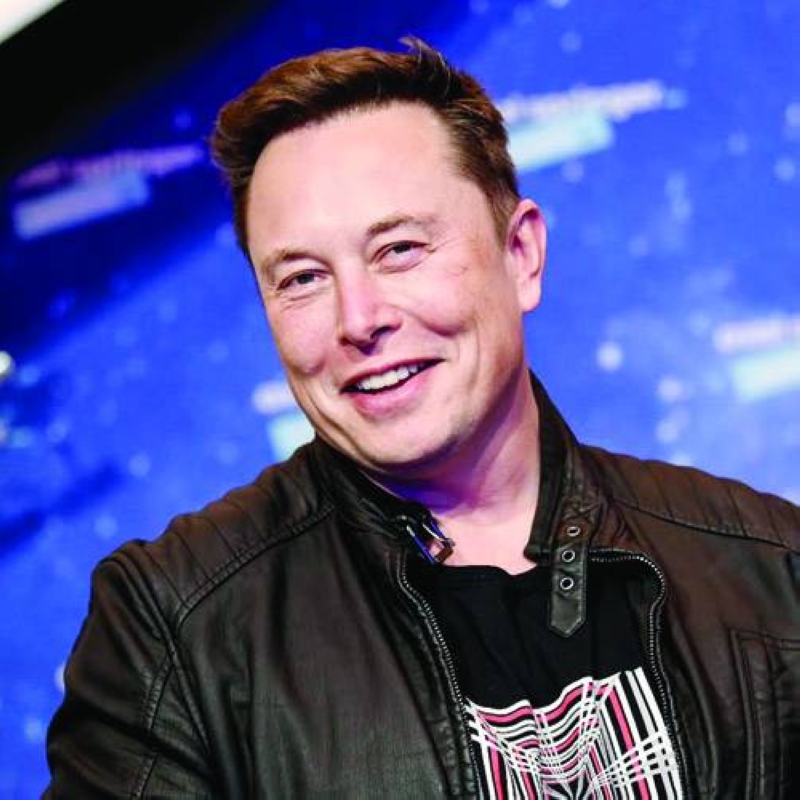Starlink sets up shop, market trembles
Mbongeni Mguni - Lewanika Timothy | Monday September 2, 2024 06:00


According to a list of licencees updated by the Botswana Communications Regulatory Authority (BOCRA), Starlink has been granted a two-year operating licence expiring in 2026.
The move comes after a prolonged period of assessments by the regulator and speculation that African governments in general were resisting Starlink’s growth on the continent.
“An award of the licence shows BOCRA's good intentions to grow the market and promote liberalisation towards new technologies,” Masego Jeremiah, BOCRA’s head of Broadcasting & Corporate Communications told Mmegi in an emailed response on Wednesday. “BOCRA continues to facilitate development of the digital economy in order to enable the public to operate fully, efficiently and equally with their counterparts in any parts of the world.”
Musk, the world’s richest person, took to X (formerly Twitter), which he owns, on Thursday to confirm to extension of services to Botswana, as well as Ghana.
Starlink is the world's first and largest satellite constellation using a low Earth orbit to deliver broadband internet capable of providing download speeds of up to 100Mbps. The licensing by Botswana and Ghana means Starlink services are now accessible in 105 countries around the world.
The latest developments follow President Mokgweetsi Masisi’s engagement with senior Starlink executives in May in Dallas, Texas, as the licence application continued.
Later that month, President Masisi told the Youth Livestock Farmers Day that he had asked the regulator to fast-track processes to enable Starlink to set up shop.
“I met with representatives of Elon Musk, for Starlink, the one with the most satellites in orbit in the world. They want to come and establish satellite capacity here for Internet Botswana. “I called those I was with and we looked at it and took a decision and agreed. I gave them two weeks to fast-track this and they have already been given a licence. “Very soon, there won’t be issues of lack of lines here and there, you will be able to use that facility to provide Internet anywhere in Botswana,” Masisi said.
This week, Starlink opened up its website for local customers to apply for service. According to rates posted on Starlink’s website on Thursday, residential users can access service by paying P4,820 ($359) for the hardware, and signing up for a monthly subscription fee of P688 ($51).
Analysts who spoke to Mmegi said the pricing structure was highly competitive and would present a stiff challenge to local Internet providers, who are all based on terrestrial connections.
While Starlink’s speeds can get up to 200Mbps, locally the best Internet providers range around 50Mpbs and charge significantly higher than Starlink’s offer for residential. In addition, Starlink as a satellite service, allows users to access the Internet wherever they are in the country, without the need to pull cables to remote areas which are often sparsely population.
Earlier this year, a report issued by Speedtest Global Index, suggested that Botswana has the second fastest mobile internet speed in Africa, averaging 43.79 Mbps and only trailing South Africa.
However, local consumer rights lobbyist, Richard Harriman dismissed the claims as a blue lie, accusing network providers of taking advantage of customers with false advertising on internet speeds.
“The idea that Botswana has the second fastest internet speed in Africa is only true at the government building that was used to conduct that test,” he said at a Quality of Service workshop held by BOCRA. “I did a survey to ask over 1,500 consumers about the quality of the internet speed they enjoy at home and 61% of this sample population thought the speed was very bad, with 18% thinking it was neutral.”
